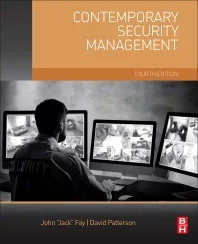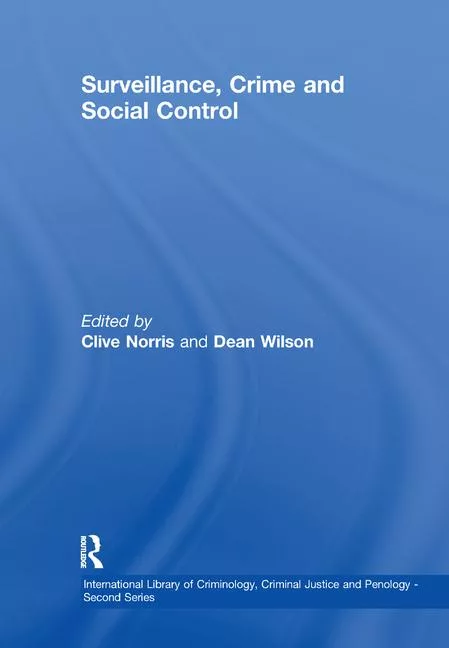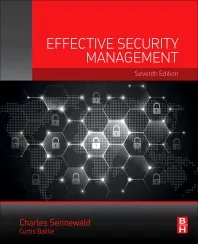How Social Responsibility Improves Crisis Management
“The tragic events of today cannot be remedied with words. Our hearts go out to the victims and their families. You may be certain that although no one can predict tragedy, we have invested heavily to prevent or mitigate its consequences.”
Many an unlucky CEO has had to utter a speech similar to this in the wake of disaster. Questions whirl in the minds of shareholders, stakeholders, the public, and sometimes regulators: Could this result have been avoided? Did the company do everything it could? Can corporate leaders be trusted to invest in remedying any contributing factors and cleaning up the mess?
They won’t know the answers right away, but they’re already forming biases and opinions based on impressions they developed last week, last month, last year. Crisis management starts well before disaster strikes, not just in the sense that the company must have risk assessments done, response plans in place, tabletops conducted, and drills tested. If the corporation has a history of acting in a socially responsible way – caring for people and communities around their sites and those of their supply chain partners – they not only have a better chance of bouncing back from disaster quickly, they will likely suffer less reputational damage during and after the incident.
Minimize Reputational Risk
A 2008 survey by the Economist Intelligence Unit, a sister company of The Economist magazine, showed corporate social responsibility (CSR) programs rising in priority for global executives. While the continuing global economic downturn may have impacted these priorities, executive interest is clear.
There’s good business sense behind this. “The ability to mitigate risk even after catastrophic mass casualty events has fairly been proven by Drs. Knight and Pretty of Oxford Metrica,” says Francis D’Addario, emeritus faculty member of the Security Executive Council and former vice president of Partner and Asset Protection for Starbucks Coffee. “They studied publically traded stock valuations for ‘winning’ and ‘losing’ companies after catastrophic manmade and natural events. Their research showed in part that when you are able to react to business-interrupting crises with the assurance that you have (consistently) prioritized people, you can preserve your understood stock market value by reacting in a way that is transparent, truthful, and caring.”
It comes down to this: If the company hasn’t actually been caring for employees and community members in some tangible way before the crisis, it will be much harder for stakeholders to believe they care now. If the CEO comes off looking insincere, the company loses reputational capital. But if the company has been helping local schools, investing in area infrastructure, or holding health events for the community, for instance, stakeholders are likely to assume that they did all they could to protect the community from disaster and that their response will be driven by genuine concern.
“Brand confidence and loyalty are intrinsically tied to responsibility before a crisis,” explains D’Addario. “Starbucks Coffee’s C.A.F.E. (Coffee and Farmer Equity) practices were designed with Scientific Certification Systems to assure sustainable growth and the economic viability of the supply chain, beginning with the farmer.
“Starbucks is a very people centric culture,” D’Addario continues. “People may think Starbucks is only interested in coffee plants being sustainable, but C.A.F.E. is concerned with the sustainability of people and families, in particular small farm operations, to allow that those people have the insight for growing their highest quality coffee, which Starbucks was willing to pay the highest premium prices for in the world. At the end of the day, the guarantee or warranty for having great product, which is an automatic anticipation of your consumer, is tied up in how you’re caring for your supply chain and all the people in it.”
“Reputation, barring more formidable hazards, can literally get you up the road in many of the contested regions of the world.” He goes on to explain that Starbucks supports relevant infrastructure investment in the communities surrounding the farms in their supply chain, putting money into wells, schools, and bridges. This builds brand and company loyalty in the country and community with which the company works, he says. “The general orientation of the corporate culture to do the right thing with relevant programming to give back to the community pays dividends.”
In addition, a 2010 survey by Penn Schoen Berland, Landor Associates, and Burson-Marsteller found that more than 75 percent of consumers say that it is important for companies to be socially responsible – leading to the question of whether a reputation of social responsibility actually boosts profit.
Reputation protection is only one of the ways social responsibility can help companies in crisis. It can also tangibly improve the resilience of the business after a major event has occurred.
Improve Local and Global Continuity
Socially responsible decisions before a crisis can enable better business continuity, both through the global supply chain and locally.
“If you rely on someone else to provide a service that’s part of the value perception of the organization,” says D’Addario, “you have to make sure they’re as resilient as the mother ship or they become a single point of failure.”
As corporations invest in communities and people across the supply chain, they learn first-hand about the needs of those communities and their readiness for disaster. “You know who you’re doing business with, what their capabilities are, and what the contingency planning is for major lapses,” he says. The company can work to bridge gaps, help suppliers better ready themselves, and develop realistic contingency plans. This help is likely to be more readily accepted because of the company’s dedication to community care. Says D’Addario, “This gives your organization an opportunity to be nimble enough not to be affected in the extreme by any condition – you have a business continuity plan that is going to rebound within world-class parameters.”
Likewise, socially responsible involvement can improve business continuity on a local level. Corporate headquarters and other facilities are dependent upon the communities surrounding them. If a natural disaster damages local infrastructure that hasn’t been adequately hardened, or if it brings harm to community members – including employees and their families, consumers and clients – the business suffers. But if the company has become engaged with the community, developing relationships with local police to assist in investigations or share resources, investing in stronger or more hardened infrastructure, hosting blood drives or offering up its facilities for disaster assistance, the community may be stronger through the disaster and more resilient after, which in turn strengthens the company.
In addition, says D’Addario, “When individual security is assured by a community, the feelings of safety and belonging may influence selfless loyalty and the confidence to share resources to overcome community hazards.”
The Value of Sincerity
A company’s investment in social responsibility in the good times, enabled by strong security and risk management, allows the CEO to stand in front of the media and the community after a disaster and say with sincerity that the company cares about the community and is truly doing all it can to help. There is significant intangible value to that kind of sincerity.
D’Addario concludes that corporate social responsibility is an invaluable tool in business-focused risk mitigation: “It builds business or organizational mission in the best of times, it protects you through the worst of times, and it gives you the benefit of the doubt while you are galvanizing your resources to react to any situation.”
Marleah Blades is senior editor for the Security Executive Council, an innovative problem-solving research and services organization. To learn about becoming involved, e-mail contact@secleader.comor visit www.securityexecutivecouncil.com/?sourceCode=secmag. To share ideas and innovations in CSR or for questions, contact mblades@secleader.comor fdaddario@secleader.com.
Looking for a reprint of this article?
From high-res PDFs to custom plaques, order your copy today!





